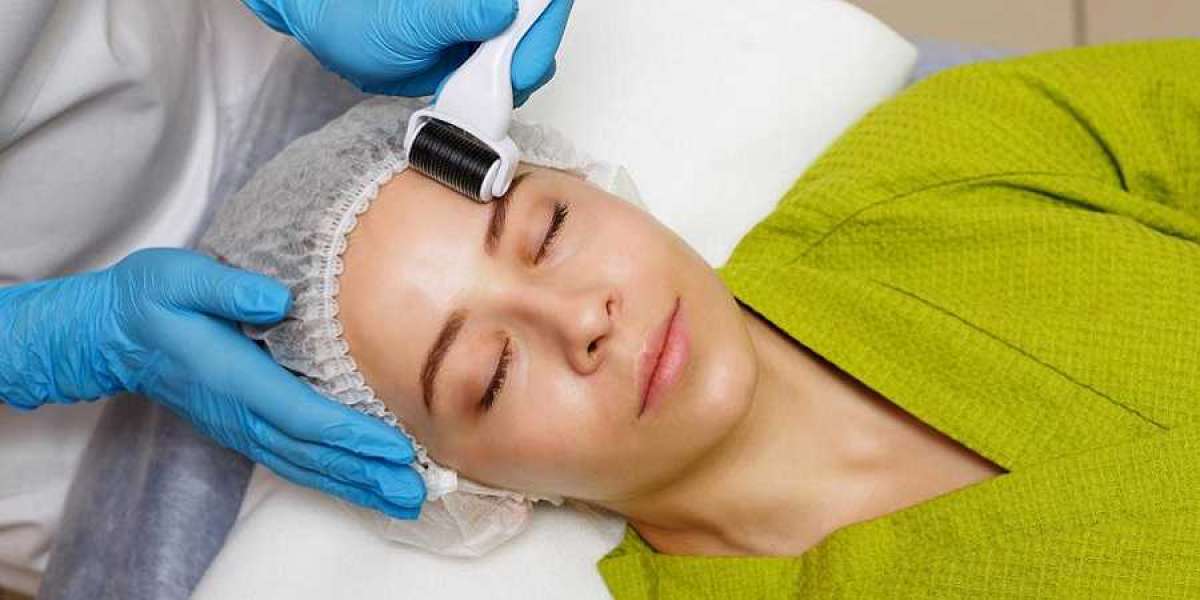Whether you're a person with a health condition that is related to alcohol abuse, or you're just looking for information on how to choose an alcohol rehab facility, this article will provide you with some key factors to consider. It will cover inpatient and outpatient treatment, physical and psychological assessment, and follow-up care to prevent relapse.
Inpatient vs outpatient treatment
Choosing between inpatient and outpatient alcohol rehab treatment may be a bit daunting. Each has its own set of benefits and limitations. The decision is very personal. Before making your choice, ask yourself some questions to make sure it's the right choice for you.
Outpatient programs are often less expensive than inpatient care. They are also more flexible. Some people can continue to work, go to school, and even live at home while they're in treatment. This can be particularly useful if you have a job or family to take care of while you're in recovery.
Inpatient programs, on the other hand, can be expensive and require you to leave your job or school. Inpatients can also meet with counselors daily and participate in more activities.
There are a lot of programs out there, but the most effective ones are the ones that are personalized for each patient's needs. A doctor or therapist can recommend the best options based on your symptoms, goals, and financial resources.
Physical and psychological assessment
Performing a psychological and physical assessment for alcohol rehab is an important step toward ensuring the patient's safety and satisfaction in treatment. It is important to understand that the purpose of this process is to uncover and understand the client's experience in order to develop an appropriate treatment plan.
This can be accomplished by a variety of different methods. For example, a screening may be conducted in which the clinician asks the patient a series of questions about past injuries, past illnesses, family members, friends, and medications. Using the responses, he or she will be able to determine if the individual is likely to have a problem.
Another method involves a complete medical exam. This may include testing of the body's vital signs and collecting blood or urine samples. If the results suggest a possible alcohol use disorder, a therapeutic medication can be administered to stabilize the patient during the detox process.
An alcohol use disorder may also cause psychological issues such as sleep problems, difficulty concentrating, and memory problems. As a result, these individuals may not show the normal level of judgment and may be more likely to repeat their behavior.
Medical treatment for alcohol-related health conditions
Often, people who have alcohol use disorders (AUD) have a higher rate of anxiety and depression. In addition, alcohol abuse can lead to hepatitis, liver disease, and cancer.
Medical treatment for alcohol-related health conditions can include medications, counseling, and behavioral therapies. These methods can help you change your behavior and avoid stress.
A healthcare provider may prescribe a medicine to control cravings. You can also receive counseling, talk therapy, and support groups. The treatment should be individualized to meet your needs.
When you're first diagnosed, your doctor will evaluate your medical history and physical exam. He or she may also ask you about your family, friends, and drinking habits. They will also discuss any co-occurring mental health issues.
If your alcohol use disorder is severe, you may require a residential program. These programs offer 24-hour care. They usually involve doctors, nurses, social workers, and other professionals. They provide a safe and supportive environment. The goal of the program is to help you learn how to stop drinking.
Follow-up care to prevent relapse
Having a relapse prevention plan is a crucial part of your recovery. It helps you to recognize and respond to your cravings. This plan can also help you to avoid situations that may trigger relapse.
Relapse is a common occurrence for people in recovery. Typically, about two-thirds of people in treatment relapse within weeks or months of treatment. This can be due to a variety of factors. Often, this can be caused by stress, social pressures, and personal setbacks.
The first step in developing a relapse prevention plan is to identify the causes of relapse. These triggers can include your family, friends, or work environment. They can also be physical or mental health problems that you have already been diagnosed with.
Relapse prevention models have been developed to help clients identify these triggers and develop strategies to avoid them. These models can be helpful for those who are preparing to leave residential treatment.
During your counseling sessions, your counselor can help you develop a relapse prevention plan. This plan will outline your coping tools and strategies that will help you to respond to your cravings. Your plan should be personalized for you. It can also be shared with your treatment team.






